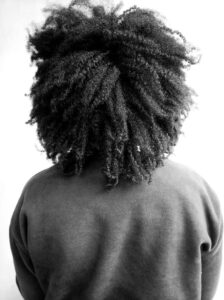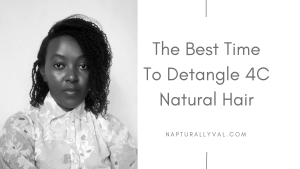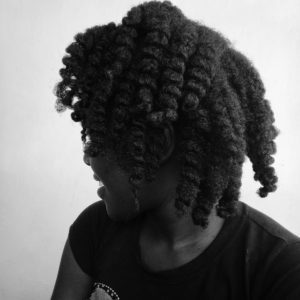Maintaining moisture in your hair is crucial for healthy, shiny, and strong strands—especially if you have natural hair. Yet, many common hair care practices and environmental factors can unknowingly strip moisture from your hair, leading to dryness, breakage, and a lackluster appearance. Whether you have natural curls, chemically treated hair, or simply want to improve your hair’s moisture retention, understanding the habits that rob your hair of moisture is the first step toward healthier locks.
In this blog post, we’ll cover the key things and practices that strip moisture from your hair and provide actionable tips to avoid them.
Feel like your hair has been the same length forever, I’ve an Ebook that will help you grow your hair healthier, longer and thicker. Grab your copy here… Also, check out all the Ebooks,guides and journals that will go a long way in your hair care journey here
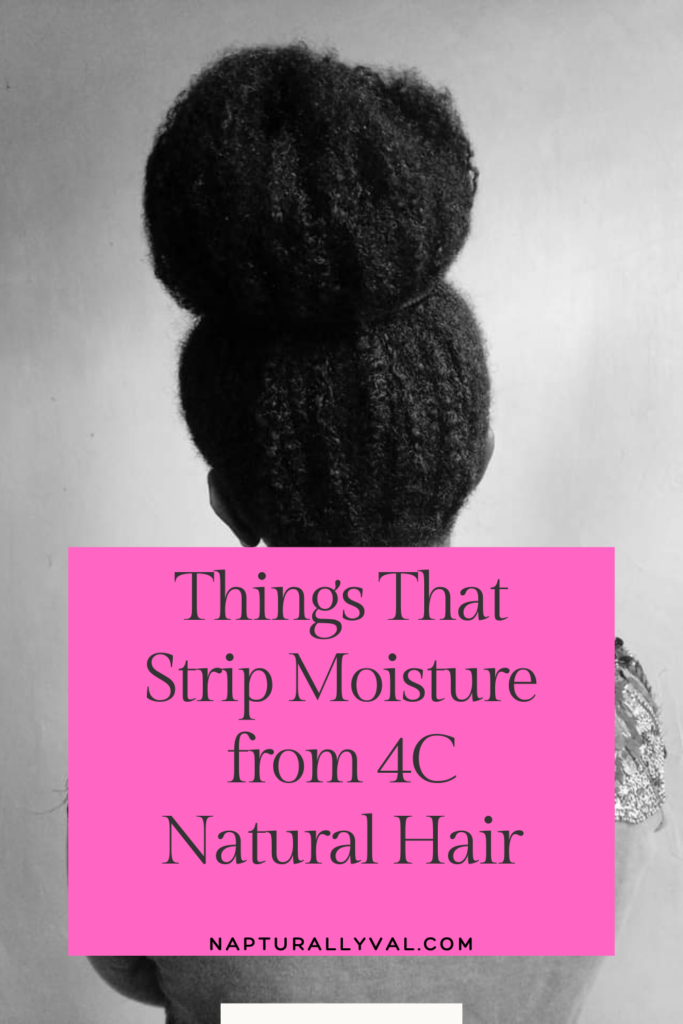
Table of Contents
7 Things Secretly Stealing Moisture From Your 4C Hair
Why Is Moisture Important for Hair?
Before diving into what strips moisture from your hair, it’s important to understand why moisture is so critical. Moisture keeps your hair elastic, resilient, and soft. Without enough moisture, hair becomes dry, brittle, and more susceptible to breakage. For those with textured hair, like 4C natural hair, moisture is even more essential because curls naturally prevent oils from traveling down the hair shaft, making it prone to dryness.
Common Things That Strip Moisture from Your Hair
1. Harsh Shampoos
Shampoo is designed to clean your scalp and hair by removing dirt, oil, and product buildup. However, many shampoos contain sulfates, which are powerful detergents that can strip your hair of its natural oils and moisture. While sulfates do a great job of cleaning, they also tend to be too harsh, especially for textured or dry hair types.
How to Avoid: Opt for sulfate-free shampoos or moisturizing shampoos specifically formulated for dry, curly, or chemically-treated hair. These shampoos cleanse without stripping your hair’s natural oils. Additionally, limit how often you shampoo to avoid over-drying your hair—once a week or less is sufficient for most natural hair types.
2. Excessive Heat Styling
Blow dryers, flat irons, curling irons, and other heat tools can strip moisture from your hair if used excessively or without protection. High heat weakens the hair shaft and can cause the moisture within your hair to evaporate, leading to dryness and damage over time.
How to Avoid: Limit the use of heat styling tools and always apply a heat protectant before using any hot tool. Consider air-drying your hair or using heatless styling methods like twist-outs, braids, or roller sets to achieve your desired look without the heat.

3. Hard Water
Hard water, which contains high levels of minerals like calcium and magnesium, can build up on your hair over time. This mineral buildup prevents moisture from penetrating the hair shaft, leaving your hair dry, dull, and prone to breakage.
How to Avoid: If you live in an area with hard water, consider investing in a shower filter that removes or reduces mineral content. Additionally, you can use a clarifying shampoo once a month to remove any mineral buildup, followed by a deep conditioning treatment to restore moisture.
4. Skipping Conditioner
Conditioner is essential for replenishing moisture in your hair after cleansing. Skipping conditioner, or not using enough, can leave your hair dry and more vulnerable to breakage. Conditioners are formulated to help smooth the cuticle and seal in moisture, which is crucial for textured hair types that need extra hydration.
How to Avoid: Always follow up shampoo with a moisturizing conditioner. Look for conditioners with ingredients like glycerin, aloe vera, shea butter, or oils, which help lock in moisture. For added moisture, incorporate a deep conditioning treatment at least once a week.
5. Rough Towel Drying
Using a regular cotton towel to dry your hair can cause friction, rough up the hair cuticle, and lead to moisture loss. This is especially true if you rub your hair with the towel instead of gently blotting it.
How to Avoid: Swap out your regular towel for a microfiber towel or a soft cotton t-shirt. These materials are much gentler on your hair and absorb excess water without stripping moisture or causing frizz. Be sure to blot your hair dry instead of rubbing it to avoid damage.
6. Overuse of Protein Treatments
While protein treatments can strengthen hair, overusing them can lead to protein overload, which makes hair stiff and brittle. Protein overload occurs when there is too much protein and not enough moisture in your hair. This imbalance can lead to hair that is dry and more prone to breakage.
How to Avoid: Use protein treatments sparingly—once every 4-6 weeks is enough for most hair types. If your hair feels overly stiff after a protein treatment, follow up with a moisturizing deep conditioner to restore the moisture balance.
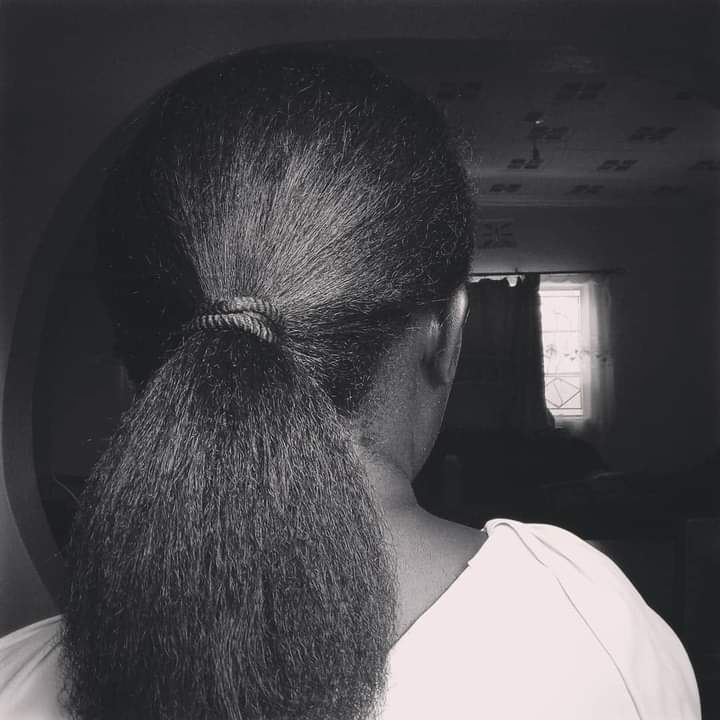
7. Chemical Treatments
Relaxers, hair dyes, and other chemical treatments can significantly strip moisture from your hair. These processes break down the hair’s structure, weakening it and making it more vulnerable to moisture loss. Over time, frequent chemical treatments can lead to chronic dryness and breakage.
How to Avoid: If you must use chemical treatments, space them out as much as possible and always follow up with a deep conditioning treatment to restore lost moisture. Consider transitioning to natural hair or opting for more gentle, temporary color treatments to minimize damage.
8. Using Products with Alcohol
Many hair styling products, such as gels, mousses, and hairsprays, contain drying alcohols (like ethanol, isopropyl alcohol, and SD alcohol) that can rob your hair of moisture. These ingredients can leave your hair feeling dry and crunchy, particularly if you use them frequently.
How to Avoid: Read product labels carefully and avoid products that list drying alcohols as one of the main ingredients. Instead, look for alcohol-free formulas or products that contain moisturizing ingredients like oils and butters.
9. Too Much Manipulation
Constantly styling, combing, or touching your hair can lead to friction, which weakens the hair cuticle and strips moisture from your strands. High-manipulation styles, like tight ponytails, braids, or constant re-twisting, can also lead to moisture loss and breakage over time.
How to Avoid: Opt for low-manipulation styles that allow you to keep your hands out of your hair for extended periods. Protective styles like braids, twists, or buns can help reduce manipulation while preserving moisture.
10. Sun Exposure
Just like your skin, your hair can be damaged by prolonged sun exposure. UV rays can strip moisture from your hair and break down its natural oils, leaving it dry and brittle.
How to Avoid: Protect your hair from the sun by wearing a hat, scarf, or headwrap when spending extended periods outdoors. You can also use a leave-in conditioner with UV protection to shield your hair from the sun’s harmful rays.
11. Not Drinking Enough Water
Your body needs water to function, and that includes your hair. If you’re not drinking enough water, your hair will lack moisture from the inside out, leading to dryness and increased breakage.
How to Avoid: Stay hydrated by drinking plenty of water throughout the day. Eating water-rich foods like fruits and vegetables can also contribute to your overall hydration levels, which will reflect in the health of your hair.
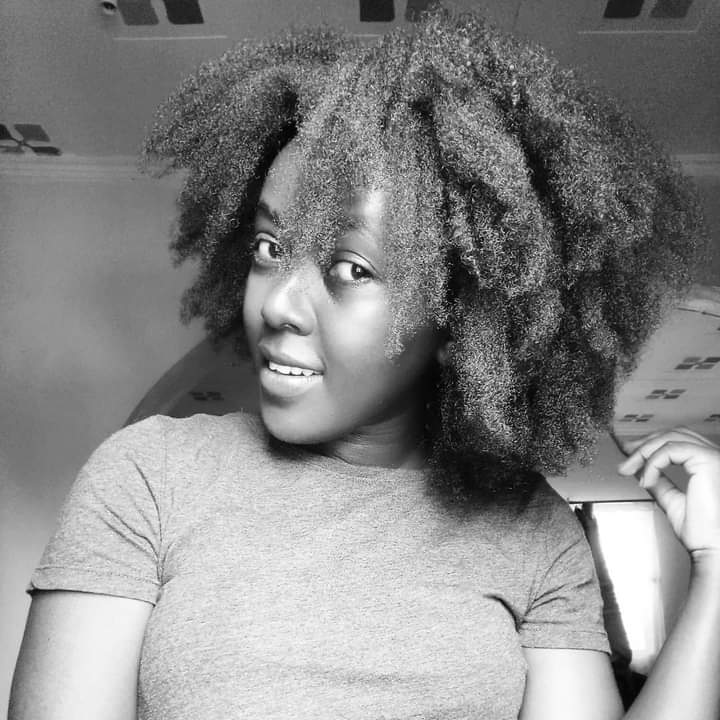
How to Restore and Maintain Moisture in Your Hair
Now that we’ve covered the common culprits of moisture loss, let’s talk about how to keep your hair hydrated and healthy.
1. Incorporate the LOC or LCO Method
The LOC (Liquid, Oil, Cream) or LCO (Liquid, Cream, Oil) method is a popular technique for sealing in moisture, especially for curly and textured hair types. Here’s how it works:
- Liquid: Start by applying a water-based leave-in conditioner or simply spritzing your hair with water.
- Oil: Follow with an oil, like coconut oil, olive oil, or jojoba oil, to seal in the moisture.
- Cream: Finish with a cream or butter, such as shea butter or a moisturizing cream, to lock in hydration and keep your hair soft and smooth.
2. Use Humectants
Humectants are ingredients that attract moisture from the environment into your hair. Look for products that contain humectants like glycerin, honey, or aloe vera, which help keep your hair hydrated throughout the day.
3. Deep Condition Regularly
Deep conditioning is a must for anyone dealing with dry hair. These treatments penetrate the hair shaft, delivering intense moisture and nourishment to keep your hair soft and supple. Aim to deep condition at least once a week, using a product with moisturizing ingredients like avocado, coconut oil, or shea butter.
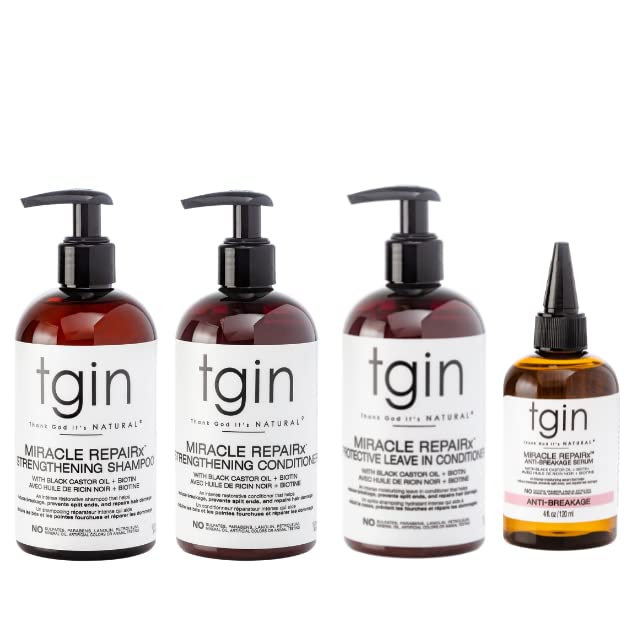
4. Protect Your Hair at Night
Cotton pillowcases can absorb moisture from your hair, leaving it dry by morning. Switch to a satin or silk pillowcase, or wear a satin or silk bonnet or scarf at night to reduce friction and retain moisture.
Split ends and damaged hair can hinder your hair’s ability to retain moisture. Regular trims (every 4-6 months) help get rid of these damaged ends and promote healthy, moisturized hair growth.
Keeping your hair moisturized is essential for maintaining its health and strength, especially if you have natural or textured hair. By avoiding harsh practices and using the right products and techniques, you can protect your hair from dryness and keep it looking and feeling its best. The journey to healthy, moisturized hair may take some time, but with consistency and care, you’ll see the results you’re looking for.

